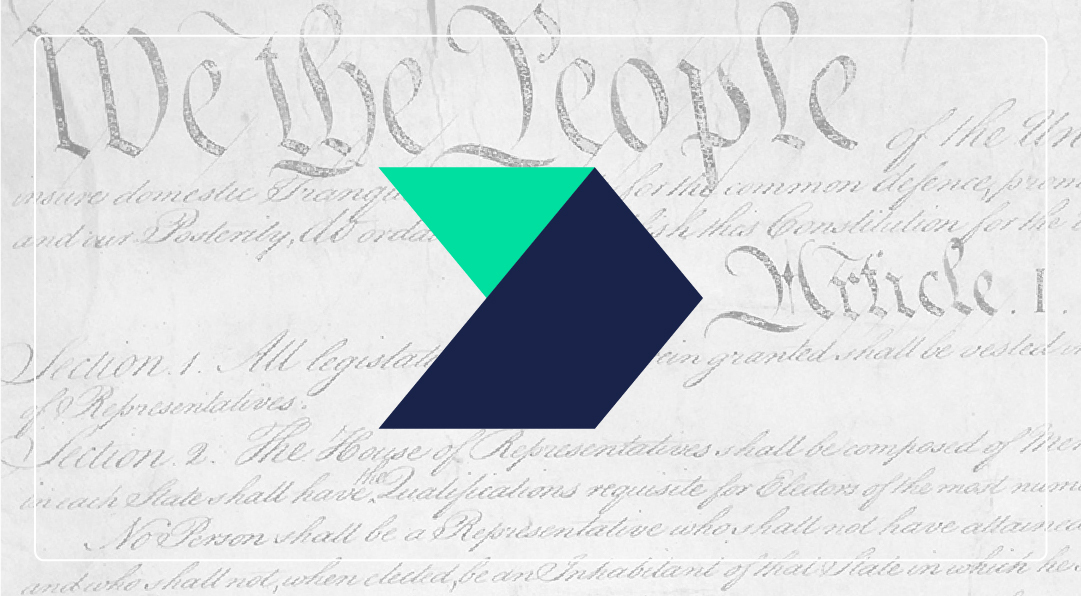Twenty-One States and DC File Brief Supporting Nationwide Coalition’s Litigation to Defend Violence Against Women Grants
Rhode Island – A broad coalition of 21 states and the District of Columbia have joined to support a legal challenge that seeks to stop the Trump-Vance administration from imposing unlawful restrictions on grants issued by the U.S. Department of Justice’s Office on Violence Against Women (OVW). New restrictions imposed on grant funding for domestic and sexual violence services make it virtually impossible for many service providers to operate programs effectively, threatening to eliminate services that victims of violence rely on in neighborhoods throughout the country.
A group of 17 state domestic violence and sexual assault coalitions, represented by Democracy Forward, Jacobson Lawyers Group, Lynette Labinger for the ACLU Foundation of Rhode Island, National Women’s Law Center, and DeLuca, Weizenbaum, Barry & Revens, Ltd. for the Lawyers’ Committee for Rhode Island, filed suit in June asking for a court to intervene to prevent the devastating cuts. Plaintiff and co-counsel quotes are available here.
The Attorneys General of Rhode Island, Colorado, the District of Columbia, Arizona, California, Connecticut, Delaware, Hawai’i, Illinois, Maine, Maryland, Massachusetts, Michigan, Minnesota, Nevada, New Jersey, New Mexico, New York, Oregon, Vermont, Washington, and Wisconsin have asked the United States District of Rhode Island for permission to submit a brief explaining how crucial it is that the court stop the harmful and unlawful new restrictions.
“[The states represented in this coalition] have a profound and enduring interest in promoting public safety by preventing and prosecuting domestic violence, sexual assault, dating violence, and stalking. The attached amicus brief will assist the Court as it decides a case with potentially substantial impact on these efforts,” reads the states’ brief in part.
After taking office in January, President Trump issued a series of executive orders directing agency heads to impose conditions on federal funding, including curtailing diversity, equity, and inclusion programs that the administration opposes and efforts that recognize and respect people regardless of gender identity. The new harmful restrictions will put grant recipients in impossible situations, asking them to certify that they comply with limitations on their ability to operate as Congress has required, specifically targeting vulnerable populations, or risk penalties under the False Claims Act.
The group of state domestic violence and sexual assault coalitions bravely serving as plaintiffs in the case includes the Rhode Island Coalition Against Domestic Violence, California Partnership to End Domestic Violence, Colorado Coalition Against Sexual Assault, DC Coalition Against Domestic Violence, End Domestic Abuse Wisconsin: The Wisconsin Coalition Against Domestic Violence, Idaho Coalition Against Sexual and Domestic Violence, Iowa Coalition Against Domestic Violence, Jane Doe Inc. (The Massachusetts Coalition Against Sexual Assault and Domestic Violence), Kansas Coalition Against Sexual and Domestic Violence, Montana Coalition Against Domestic and Sexual Violence, North Carolina Coalition Against Domestic Violence, Oregon Coalition Against Domestic and Sexual Violence, Pennsylvania Coalition Against Domestic Violence, ValorUS, Violence Free Minnesota, Virginia Sexual and Domestic Violence Action Alliance, and the Wisconsin Coalition Against Sexual Assault.
Created as part of the Violent Crime Control and Law Enforcement Act of 1994, the Violence Against Women Act (VAWA) was Congress’s comprehensive response to the issue of violence against women, focusing primarily on legal protections, increased enforcement, access to legal structures and assistance, and expanded services for victims. VAWA has enhanced investigations and prosecutions of sex offenses, funded a toll-free hotline for victims of domestic violence, offered financial incentives for states to focus on domestic violence as a serious crime, provided grants for colleges and universities to address violence against women on campus and emergency shelter and housing assistance for individuals fleeing violence, and included provisions on rape and battery that focused on prevention, funding for victim services, and a requirement that every state acknowledge and respect orders of protection issued anywhere in the United States.
In order to ensure a comprehensive approach to addressing violence against women, Congress created a broad set of grant programs for states, federally recognized state and territory domestic violence and sexual assault coalitions, service providers, and Tribes. These programs focus on a broad range of activities, from preventing domestic violence and sexual assault to fostering collaboration between law enforcement and victim service providers to preventing crimes in national parks, among others. Congress has reauthorized and amended VAWA four times since its enactment, creating the OVW and directing it to award grants under specific criteria and limitations set by Congress.
To read the complaint, please click here, and to read the states’ amicus brief, please click here.
– # # # –
Democracy Forward Foundation is a national legal organization that advances democracy and social progress through litigation, policy, public education, and regulatory engagement. For more information, please visit www.democracyforward.org.

